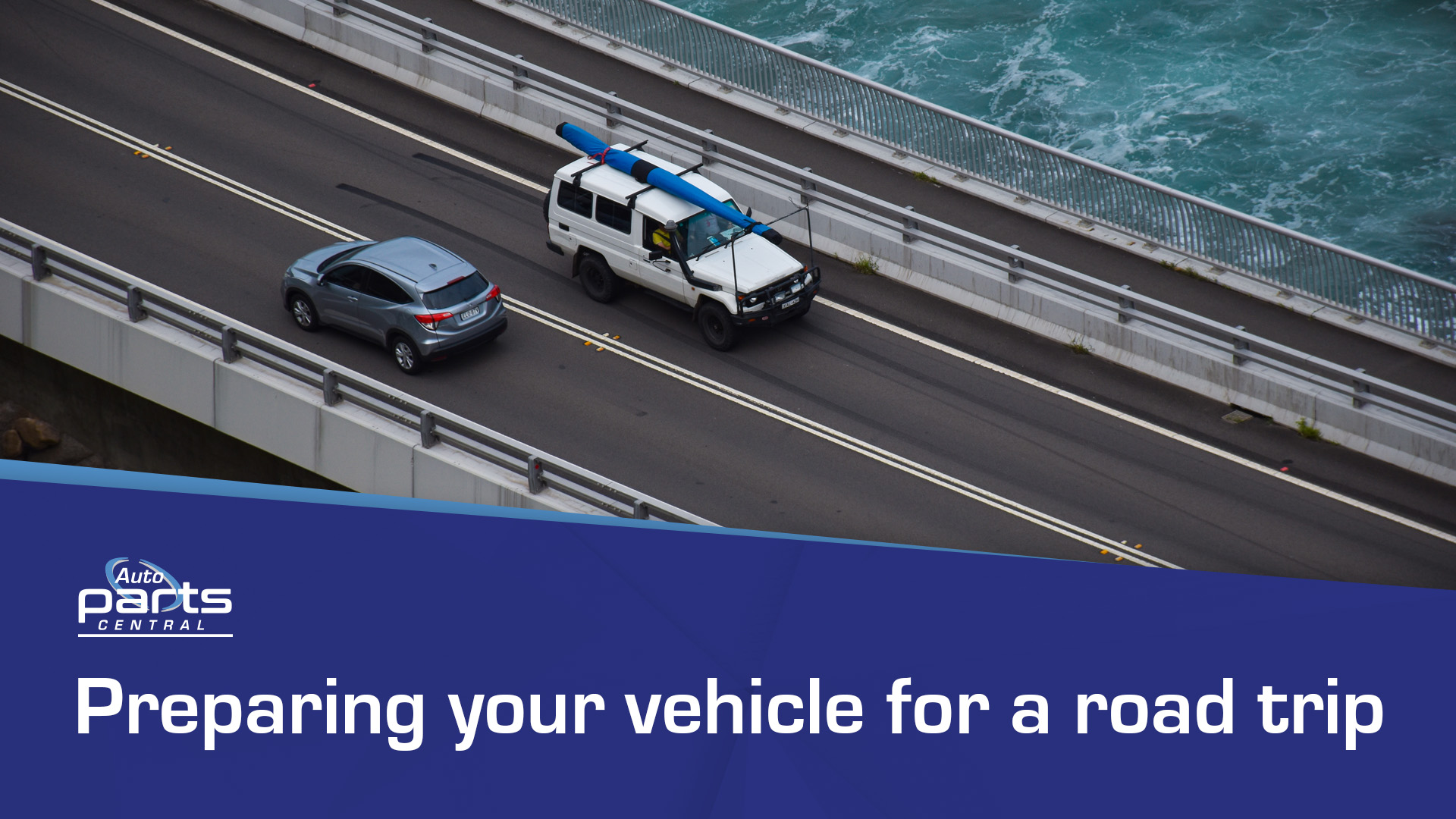Road trip: Preparing your vehicle

With borders starting to open up as we begin to live with COVID-19, many people are planning to take a road trip, whether it be days, weeks or even months long.
Road trips can be a great way to spend time with those closest to you whilst seeing a lot of what this great country has to offer, and as such they are quite popular.
However, many people begin these road trips incredibly unprepared, which can lead to major problems if they are hundreds of kilometres away from the nearest town.
If you’re planning to road trip anytime soon, here are some essential preparations you should make before setting off
Check your car
Days before leaving, you should ensure that your car is operating at normal capacity. Take it for a quick drive and ensure that everything feels normal and that there are no strange noises or anything of that nature. Additionally, you should check that your gauges, lights, indicators and windscreen wipers are all working properly, as well as check your fluids (we will cover that next). You also want to ensure you have your spare key handy, as well as spare batteries for your keys (if your car uses a key fob or has buttons to lock/unlock the central locking system).
Fluids
The main fluids in your vehicle should be uncontaminated and full before setting off on your road trip. The essential fluids you want to ensure are good to go are:
- Engine oil
- Coolant
- Brake fluid
- Power steering fluid
- Transmission fluid
- Windshield fluid
Additionally, of course, you should make sure that you fill up with fuel before setting off.
Check your brakes
When you go for a test drive in the days leading up to your departure for the road trip, make sure you give the brakes a workout by conducting a number of hard applications on the brake pedal. If you notice something is not right – such as brake shudder, a spongy pedal, or bad braking performance – you should see a mechanic immediately and ensure the brakes are working properly before setting off.
Check your tyres
In the days leading up to your trip, take a minute to check your tyres for any small punctures or low tread levels. If either of these are apparent, get your tyre(s) patched up or replaced before setting off, as a puncture or low tread can become big problems very quickly. Additionally, when you set off ensure that your tyre pressure is set to the recommended pressure by the manufacturer (this can usually be found in your owner’s manual or via a quick Google search). Most service stations have a tyre inflator available for use for free, so take advantage of this before leaving, as over/under-inflated tyres can burst, handle poorly and have other negative effects. You also want to ensure that your spare tyre is in working condition and is secured, because the longer and more remote your trip, the more likely you will suffer a puncture and need to use your spare.
Filters
Before leaving for your trip, ensure you have new (or close to new) oil, air, and cabin filters. This will not only ensure your engine runs smoothly, but a clean cabin filter will also help keep the air inside the car clean and as odour-free as possible.
Secure your load
If you are taking a ute, using a luggage pod/roof rack, or towing, ensure that your load is secured. The last thing you want on a long trip is to lose your supplies and/or clothes, as well as possibly getting a fine from the police for an unsecured load.
Towing
Whether you are towing a caravan or trailer, ensure you are up to date with your vehicle’s towing capacity, as well as checking the chains, couplings, sway bars, shackles, lights and other parts of your trailer/caravan.
Don’t put it off!
Much of this preparation can seem daunting, and looks like it could take hours – which it will! But it is super important for your safety and the success of your trip.
See a mechanic
If you’re worried that you don’t have time to do it all yourself, or don’t know how, take your vehicle to your local mechanic beforehand. Many of these steps they will check and fix via a routine service, however you can also get your mechanic to check for/fix anything outside of a regular service, such as checking the brakes, suspension or tyre condition, for example.
Important tools & supplies to carry on your trip:
It is important that your are prepared for things to go wrong at some point during the course of your road trip, so here is a list of some handy tools and supplies that are important if anything were to go wrong with your vehicle:
- Tyre iron & jack
- Adjustable wrenches
- Screwdrivers
- Wooden jack base
- Jack & pump
- Tyre repair outfit, including valve key
- Wheel brace & tyre levers
- Socket set
- Tow rope
- Electrical tape
- Suitable fuses & vehicle light globes
- Oil
- Coolant
If you’ve taken all the adequate measures to prepare for your trip, and have the supplies you need, you are all good to go!
Drive safe and enjoy all the beautiful roads and locations our wonderful country has to offer!
